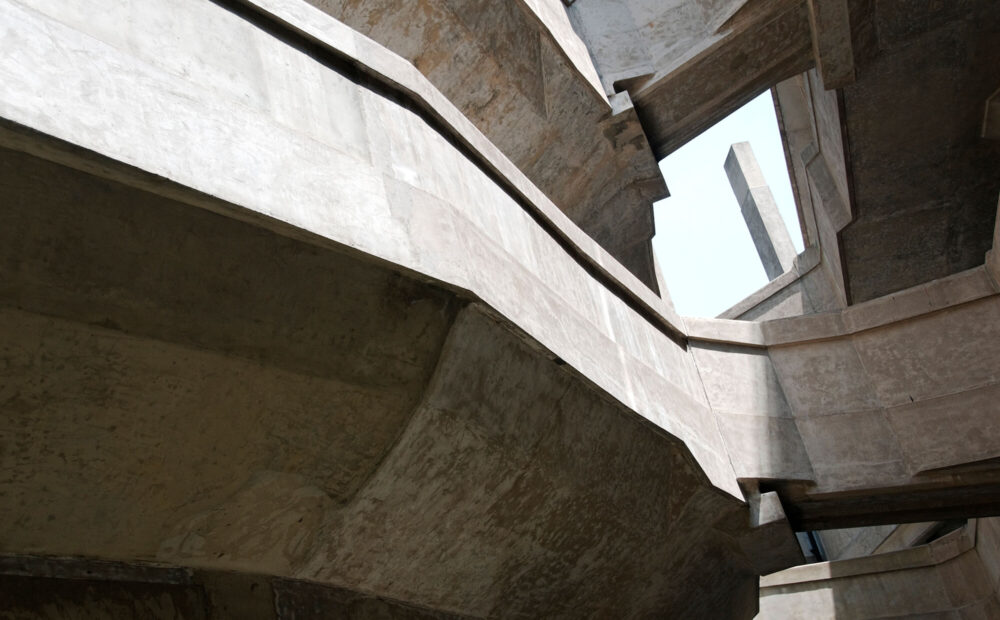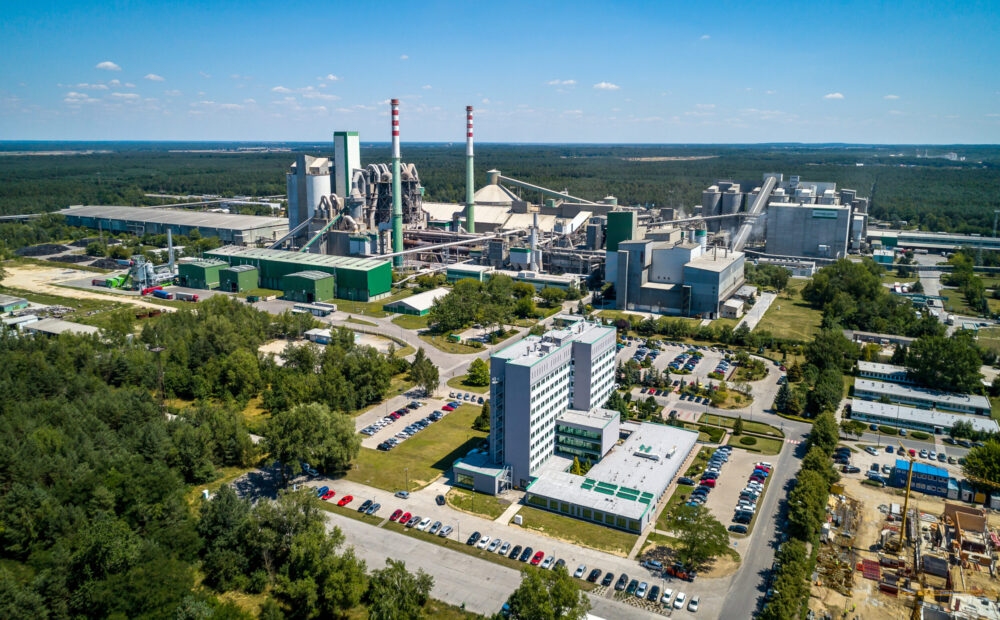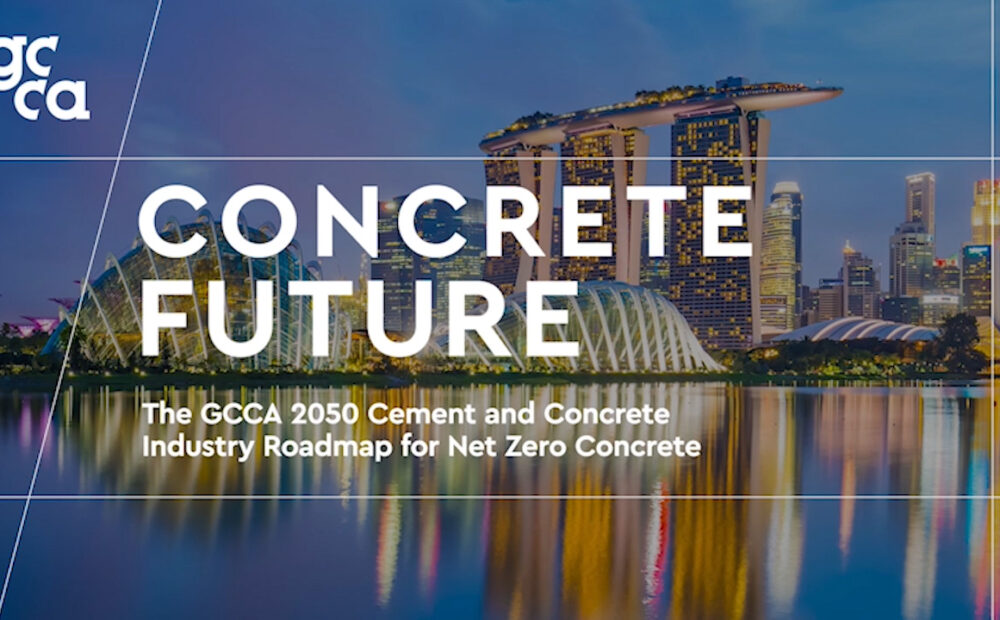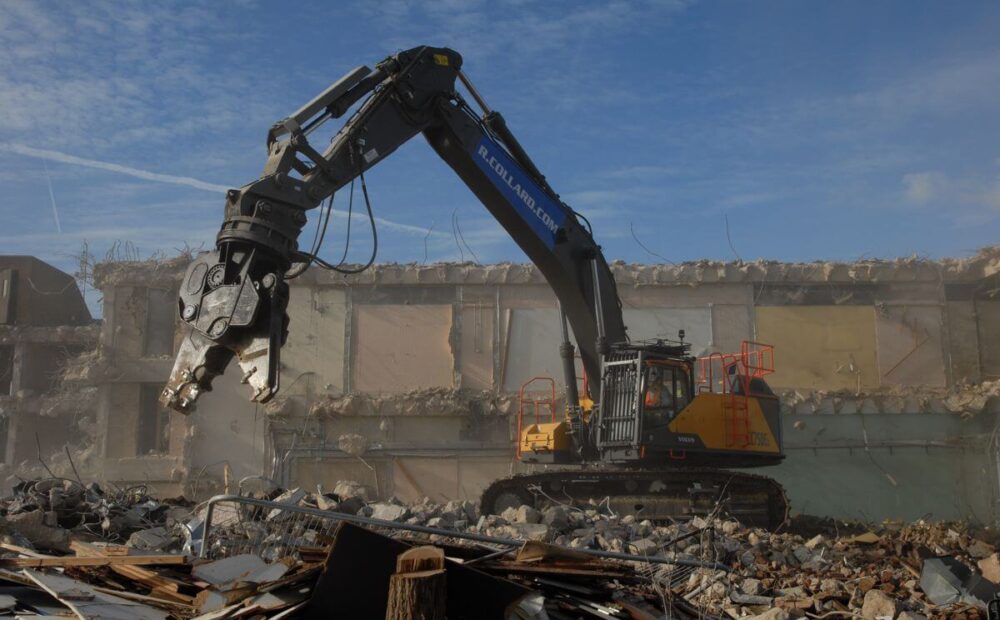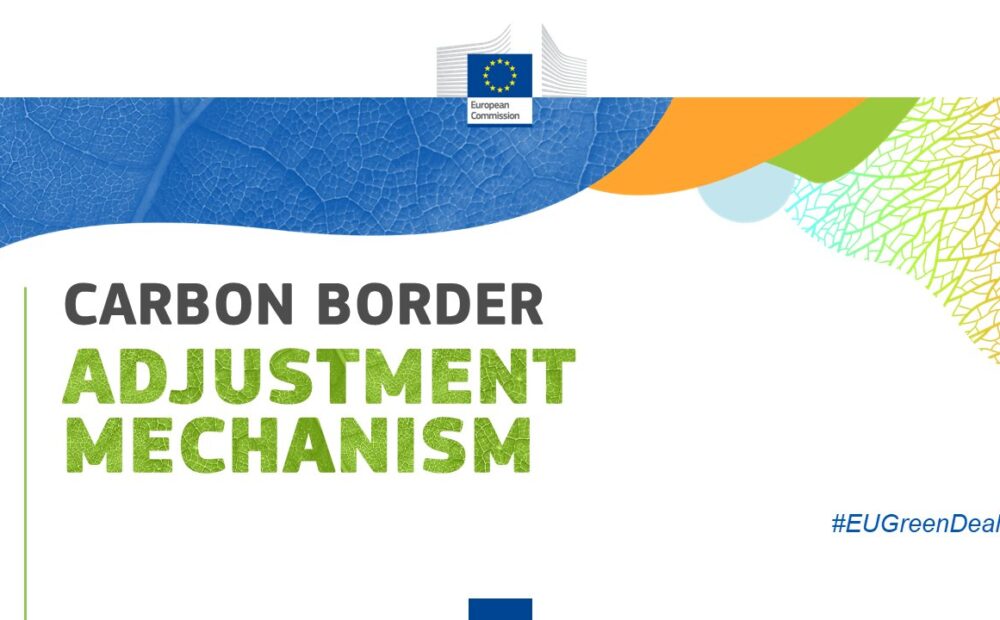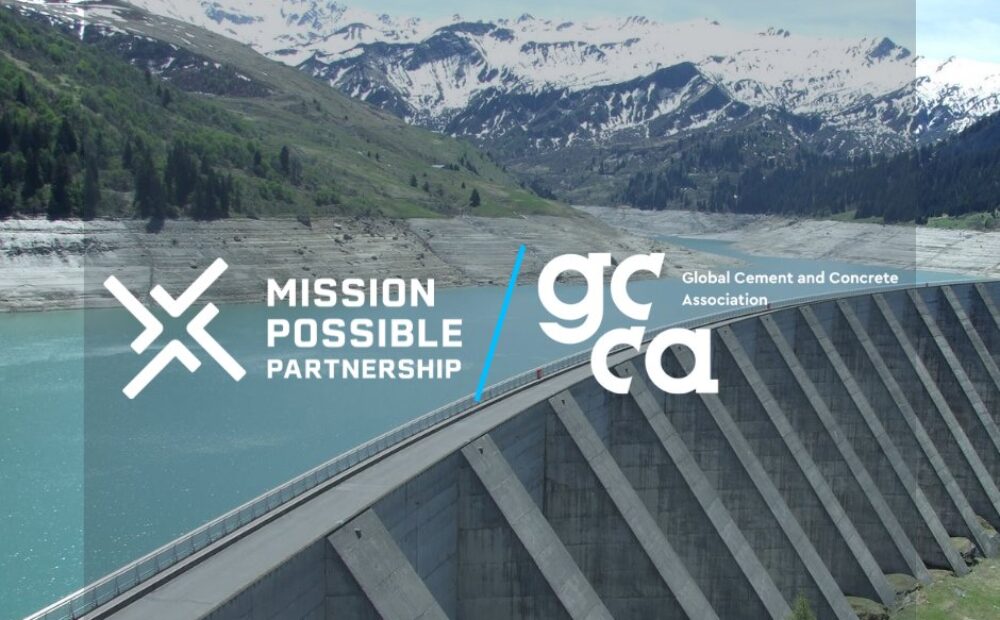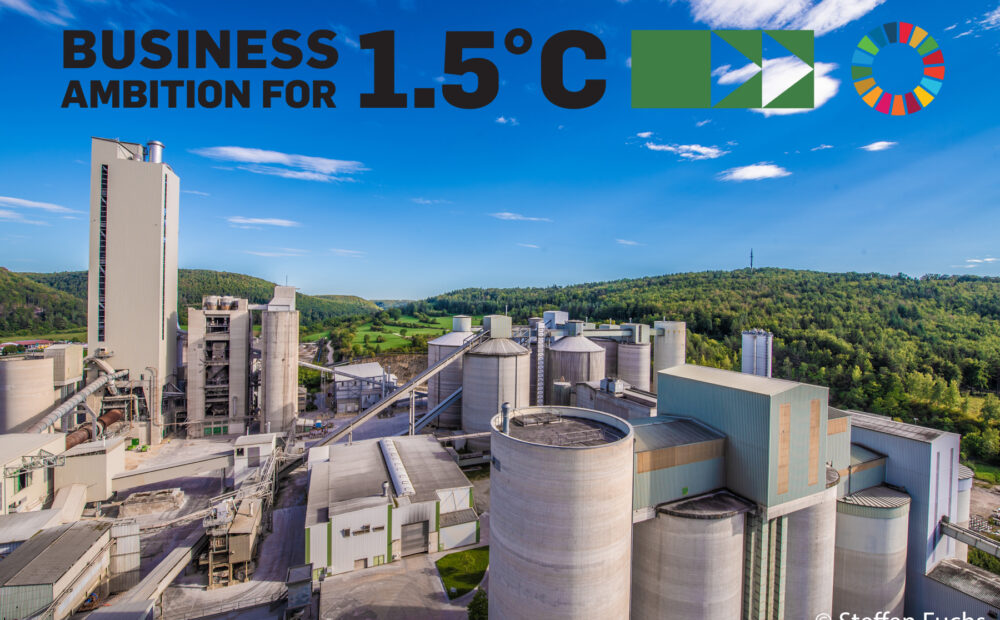Technology developed by Concrete4Change that can make concrete a carbon sink rather than carbon producer will be trialled and tested by researchers from the University of Warwick. The technology which could revolutionise the concrete industry on a global scale, has been showcased and won an award at COP26.
Continue readingCategory Archives: Sustainability
Project ACCSESS
The further development of CCUS pathways is a central part of HeidelbergCement’s carbon neutrality roadmap. Project ACCSESS has been officially presented by the coordinator Sintef Energi AS from Norway. A consortium of 18 industry partners and research organisations will collaborate in a range of activities to speed up deployment of CCUS and link CO2 emitters from mainland Europe to the storage fields in the Nordics. The program of 18 million € in total was rewarded €15 million out of the EU Horizon 2020 budget.
Continue readingCement and Concrete Roadmaps
In the last two years, many road maps regarding the cement and concrete industry have been published on the basis of some countries and NGOs. Examining these road maps in detail and taking actions by the industry is extremely important within the scope of combating climate change.
Continue readingGCCA 2050 Cement and Concrete Industry Roadmap for Net Zero Concrete
The Global Cement and Concrete Assocation (GCCA) 2050 Cement and Concrete Industry Roadmap for Net Zero Concrete is the collective commitment of the world’s leading cement and concrete companies to fully contribute to building the sustainable world of tomorrow.
Continue readingCement with Climate-Neutral Fuel Mix Using Hydrogen Technology
- A cement kiln at the British Ribblesdale plant of HeidelbergCement’s subsidiary Hanson UK has successfully been operated on a net zero fuel mix as part of a world-first demonstration using hydrogen technology
- Led by Hanson UK and the Mineral Products Association (MPA), the trial used a mix of 100 per cent climate-neutral fuels including hydrogen for commercial-scale cement manufacture for the very first time
Recycling of Construction Materials
Every two years, the German construction industry’s “Kreislaufwirtschaft Bau” initiative publishes the latest data on the occurrence and origins of mineral construction waste and according recycling quotas on the basis of information from the German Federal Statistical Office.
Continue readingCarbon Border Adjustment Mechanism
On 14 July 2021, the Commission adopted a proposal for a new Carbon Border Adjustment Mechanism which will put a carbon price on imports of a targeted selection of products so that ambitious climate action in Europe does not lead to ‘carbon leakage’. This will ensure that European emission reductions contribute to a global emissions decline, instead of pushing carbon-intensive production outside Europe. It also aims to encourage industry outside the EU and our international partners to take steps in the same direction.
Continue readingGCCA and World Economic Forum launch ‘Concrete Action for Climate’
The Global Cement and Concrete Association (GCCA) andWorld Economic Forum have today launched ‘Concrete Action for Climate’ (CAC), a collaborative platform that will help drive the industry’s journey to carbon neutral concrete by 2050 as part of the Mission Possible Partnership.
Continue readingHeidelberg Cement Signs Business Ambition for 1.5°C
HeidelbergCement has signed the Business Ambition for 1.5°C Commitment, a global initiative led by the SBTi in partnership with the UN Global Compact and the “We Mean Business” coalition, aimed at limiting global warming to 1.5°C and achieving net zero carbon emissions by 2050 at the latest. With this signature, HeidelbergCement joins the global Race To Zero campaign, which aims to build positive momentum for the transition to a decarbonised economy ahead of the 26th UN Climate Change Conference of the Parties in November 2021.
Continue readingGreen Premium for Cement
Bill Gates recently published his “green manifesto” in his latest book How to Avoid a Climate Disaster. He introduced the concept of “green premiums” or the differences in cost between a fossil-fuel-based way of doing something and the clean, non-emitting way of doing the same thing. According to Gates, the green premiums should be lowered.
Continue reading